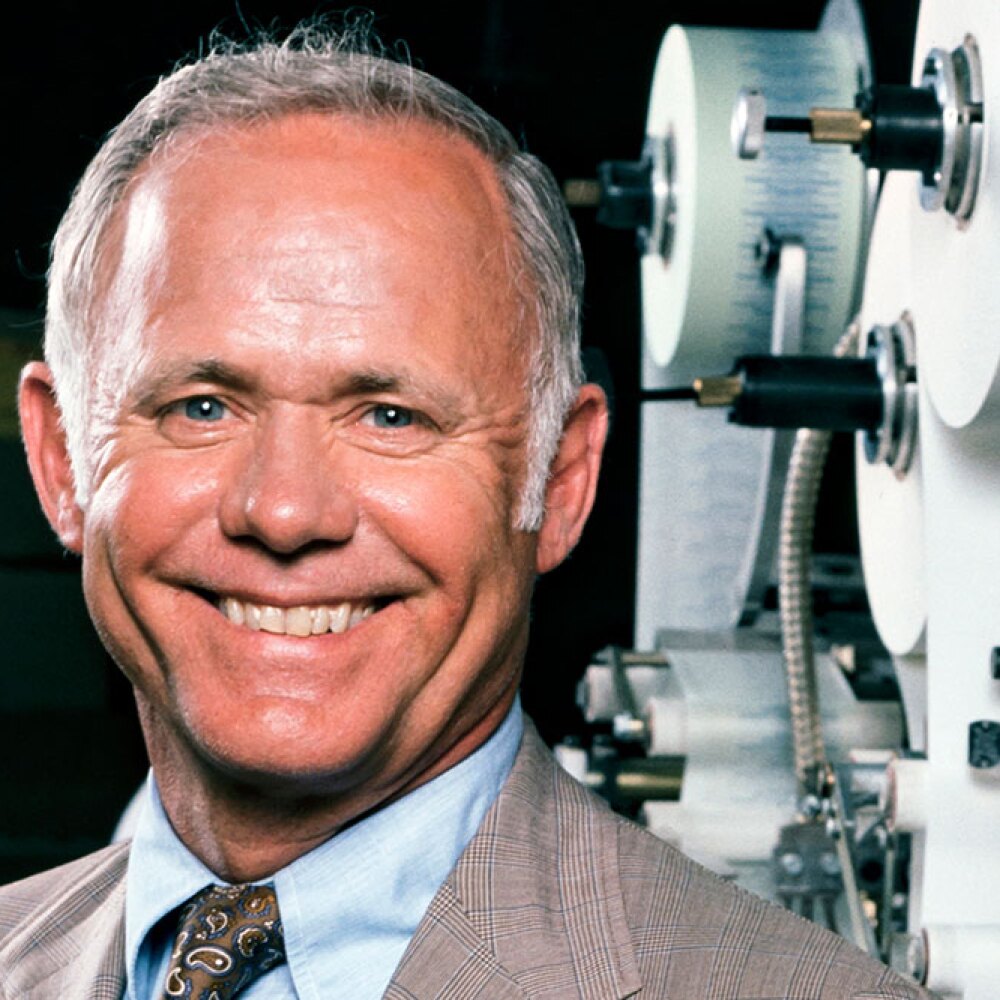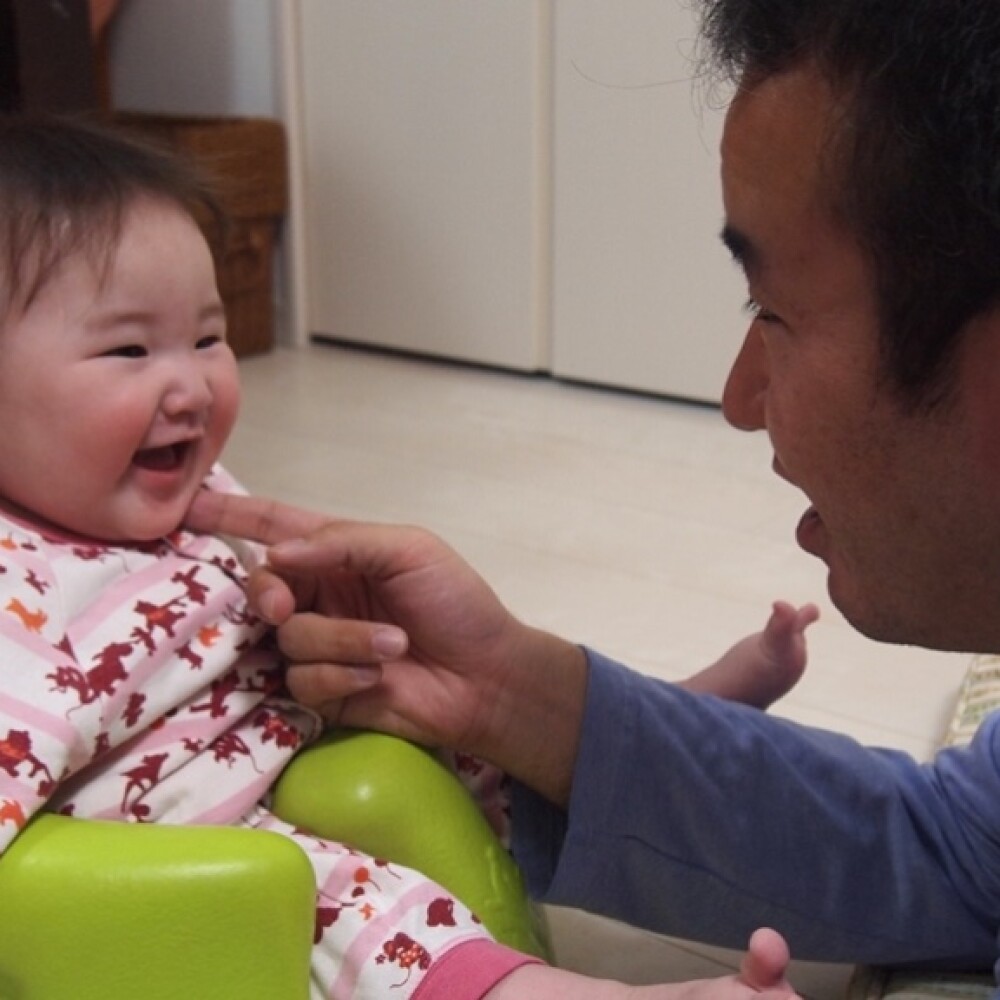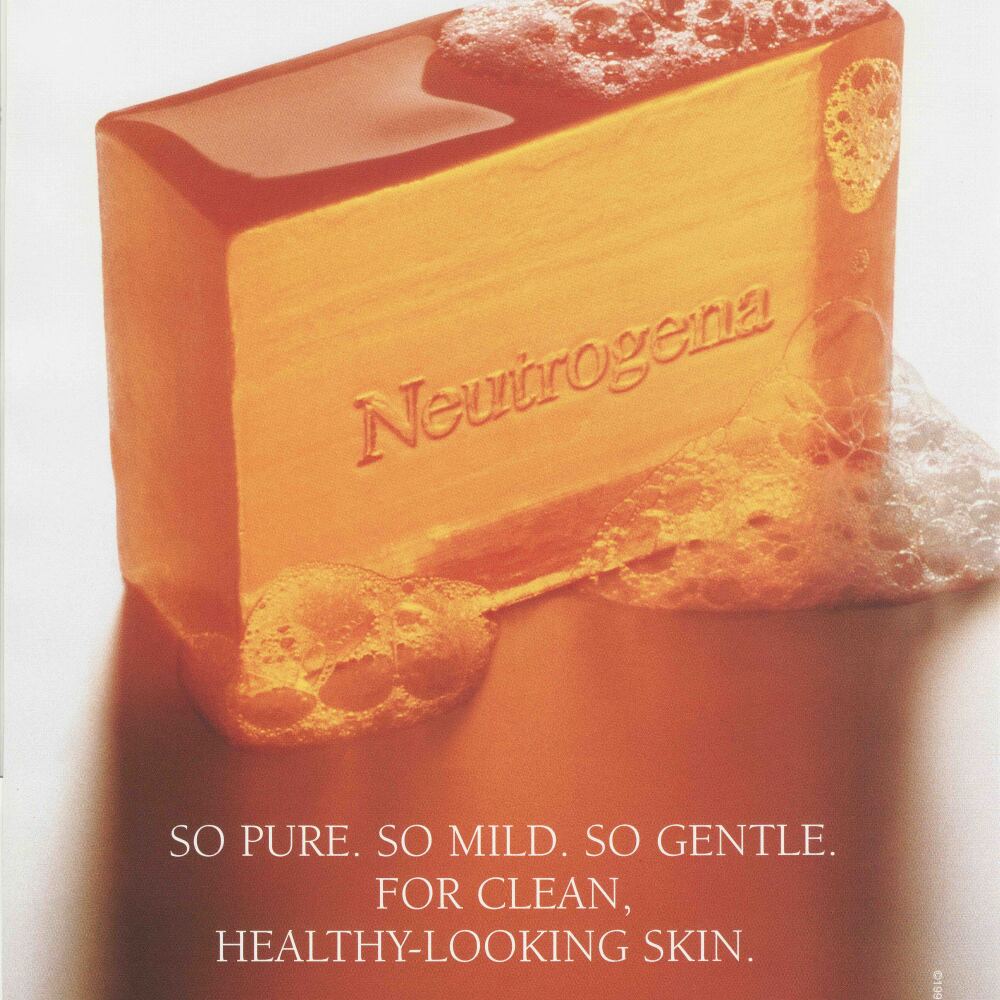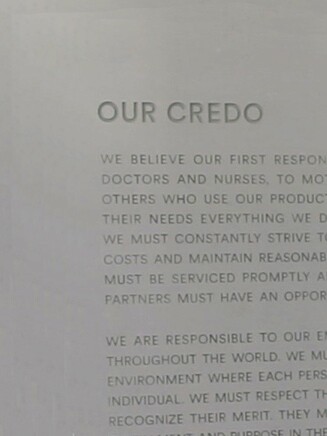Back in 1943, General Robert Wood Johnson famously crafted Our Credo—the Johnson & Johnson mission statement that guides company thinking to this day, from big-picture deals and acquisitions down to the most basic day-to-day decisions.
The ethics it outlines, though, date back nearly 60 years earlier. That’s when Johnson & Johnson was founded to help address an unmet medical need for safer, sterile surgical products that could help save the lives of more patients—and make it easier for doctors to do so.
This blend of business savvy and concern for the health of humanity would go on to characterize the company throughout its 133-year history.
As we start a new year—and celebrate 75 years since the company went public—we take a look at just some of the ways the company has exemplified Credo-based thinking, from 1886 to the present, in this fun timeline.
The ethics it outlines, though, date back nearly 60 years earlier. That’s when Johnson & Johnson was founded to help address an unmet medical need for safer, sterile surgical products that could help save the lives of more patients—and make it easier for doctors to do so.
This blend of business savvy and concern for the health of humanity would go on to characterize the company throughout its 133-year history.
As we start a new year—and celebrate 75 years since the company went public—we take a look at just some of the ways the company has exemplified Credo-based thinking, from 1886 to the present, in this fun timeline.

The first Johnson & Johnson check, written on March 26, 1886 1886Forming a Credo-Minded Company
Robert Wood Johnson founded Johnson & Johnson with his brothers James and Edward with the goal of manufacturing the first mass-produced antiseptic surgical dressings and sutures. Johnson’s drive to advance healthcare innovation and his diverse and inclusive hiring practices—eight of his initial 14 employees were women—set the tone for the people-first values the company would espouse in the decades to come. 1894
1894Creating Supplies to Help Protect Mom and Baby
The company’s iconic baby business kicked off with Maternity Kits, first-of-their-kind parcels filled with antiseptic soap, sterile medical supplies and other products to help make at-home childbirth safer and more hygienic than it was at the time.
A Johnson & Johnson employee (left) with a fellow Spanish-American War soldier 1898Supporting Employees Serving in the Military
During the Spanish-American War, the company held the jobs—and paid the salaries—of all employees who served.
This legacy of military support lives on today: Service members at the company receive full pay for up to 24 consecutive months while activated in the National Guard or Reserve, as well as paid time off to help reacclimate to work life upon their return. Getty Images1900
Getty Images1900Caring for People in Times of Crisis
Johnson & Johnson’s disaster relief efforts began after a deadly hurricane made landfall in Galveston, Texas, in 1900 (shown at right), with a donation of medical supplies used by local relief workers to treat wounded survivors.
This company commitment to helping those impacted by natural disasters and humanitarian crises continues to this day. In 1980, the Worldwide Contributions group—now known as Global Community Impact—was officially formed to help assist the world’s most vulnerable people through partnerships with organizations like the United Nations Foundation and UNICEF.
Chicopee Village, a healthy residence Johnson & Johnson provided to local mill workers 1927Providing Groundbreaking Employee Benefits
When the company opened the first modern American textile mill in Chicopee, Georgia, it also offered health and wellness perks to employees living there that were virtually unheard of at the time, like on-site exercise facilities and neighborhoods designed for walking. 1931
1931Launching Prescription Family Planning
The company continued its dedication to the health and welfare of women when it founded the Ortho research labs and produced the first prescription spermicidal contraceptive jelly, Ortho-Gynol®. 1943
1943Drafting the Credo
General Robert Wood Johnson (shown at right), the third president of the company, crafted the first iteration of Our Credo—the document that publicly spelled out the values that guided Johnson & Johnson in making any decision relating to either the business, the well-being of its employees or the people it serves. Although the Credo has evolved over the years, its spirit and focus has remained unchanged. 1944
1944Taking the Company Public
A year after Our Credo was introduced, Johnson & Johnson became a publicly traded company, bringing to life the document’s stated fiscal responsibility to its stockholders. The initial stock price was $37.50 a share—the equivalent of 375 loaves of bread that year.
The original Ethicon, Inc. headquarters 1949Growing the Suture Business
The company formed Ethicon, Inc., allowing Johnson & Johnson to take its groundbreaking invention of sterile surgical sutures into the modern age and increasing its value to shareholders. Image courtesy of Johnson & Johnson Archives1961
Image courtesy of Johnson & Johnson Archives1961Innovating Pharmaceutical Treatments
Johnson & Johnson’s acquisition of Janssen Pharmaceuticals, founded by Dr. Paul Janssen (shown at right), has since led to the development of groundbreaking treatments for cancer, diabetes, HIV and many other diseases that impact people around the globe. Janssen’s overriding goal: invest in innovation that helps address unmet medical needs, enabling people to live longer, healthier lives. © Brownie Harris Productions 19811979
© Brownie Harris Productions 19811979Trailblazing With Employee Health Benefits
Then-CEO James Burke (shown at right) launched a groundbreaking wellness program called Live for Life® to help his employees become some of the healthiest in the world through access to behavior modification tools and education on topics like nutrition and stress management. It was an effective way to fulfill the Credo’s stated responsibility to employees—and lives on through the company’s current goal to engage 100,000 or more employees toward a personal best in health and well-being by 2020. 1979
1979Declaring the Company’s Commitment to the Environment
New verbiage was added to Our Credo outlining Johnson & Johnson’s responsibility to “protecting the environment and natural resources,” in line with a growing global awareness of needing to preserve the health of the planet. 1987
1987Evolving the Credo to Include Fathers
In recognition of the fact that parents who use Johnson & Johnson products comprise both men and women, the word “fathers” was added alongside “mothers” in the very first line of the Credo, making clear the company’s responsibility to all members of the family.
Today, Johnson & Johnson dads around the world are eligible to take a minimum of eight weeks paid leave for the birth or adoption of a child. 1993
1993Setting Citizenship and Sustainability Goals
Johnson & Johnson started publicly setting environmental performance goals 26 years ago, with a top priority being pollution prevention.
Today, the company’s objectives have expanded to become the Health for Humanity goals, which also aim to prevent the global spread of disease, and much more. 1994
1994Growing the Company’s Role in Innovative Skincare
Johnson & Johnson was long known as an expert on babies and their delicate skin when it expanded its work in skincare by acquiring Neutrogena® in 1994, helping turn the brand into the household name it is today. The acquisitions of Clean & Clear®, RoC® and Aveeno® in the same decade further cemented the company as a major player in skincare science. 1998
1998Expanding Expertise in Orthopedic Care
The acquisition of DePuy, followed by the acquisition of Synthes in 2012, led to the formation of DePuy Synthes, a medical device company that offers cutting-edge solutions for patients in need of help with joint replacements, spinal care and more. 2006
2006Acquiring Iconic OTC Brands
Johnson & Johnson acquired Pfizer’s consumer healthcare business and, along with it, such classic household brands as Listerine® and Neosporin® that help improve families’ personal health. 2012
2012Launching a Healthcare Incubator to Help Support Innovative Start-Ups
The first Johnson & Johnson Innovation, JLABS health sciences incubator debuted in San Diego (shown at right). Today, there are 13 sites around the globe that help carry out the Credo’s mandate to “experiment with new ideas” and ensure “innovative programs [are] developed.” Image courtesy of Rebecca Zilenziger/Save the Children2014
Image courtesy of Rebecca Zilenziger/Save the Children2014Helping Save the Children
Save the Children was named Johnson & Johnson’s first-ever enterprisewide global partner to help support a company mission to improve the survival and healthy development of children under age 5, especially newborns. Together, the organizations have worked on everything from training healthcare workers in neonatal resuscitation to helping with earthquake and hurricane relief efforts.
The partnership was renewed in 2018, the same year Johnson & Johnson launched a new tool called Wisdom by Kids designed to support children’s health around the world. Through the end of 2019, the platform will benefit Save the Children in celebration of the organization’s 100th anniversary. 2015
2015Enhancing Parental Leave for Employees
Johnson & Johnson announced that it was offering all new parents in the United States eight weeks of additional paid leave; these benefits were expanded and made available globally over the next couple of years, leading to numerous accolades, including consistent placement on Working Mother’s 100 Best Companies list. 2017
2017Adding an Important New Treatment Focus
The acquisition of Actelion allowed the company to add a sixth area of focus to its pharmaceutical portfolio: pulmonary hypertension. Janssen’s work to help address unmet patient needs is focused on cancer, infectious diseases, cardiovascular and metabolic diseases, autoimmune and other inflammatory diseases and diseases of the brain. 2017
2017Providing Transparency Around Pharmaceutical Pricing and Practices
The first Janssen U.S. Transparency Report was released to help shed light on company decisions around pricing and other business practices. 2018
2018Unveiling a 100% Fragrance Ingredient Transparency Disclosure
Johnson’s® made news by disclosing 100% of the ingredients in its baby products, including those found in fragrances. It further fulfilled a commitment the company first made to help safeguard the health of babies back in 1894.
Bringing Our Credo to life
Learn more about how this legendary document has helped guide decisions that have improved lives around the world.

